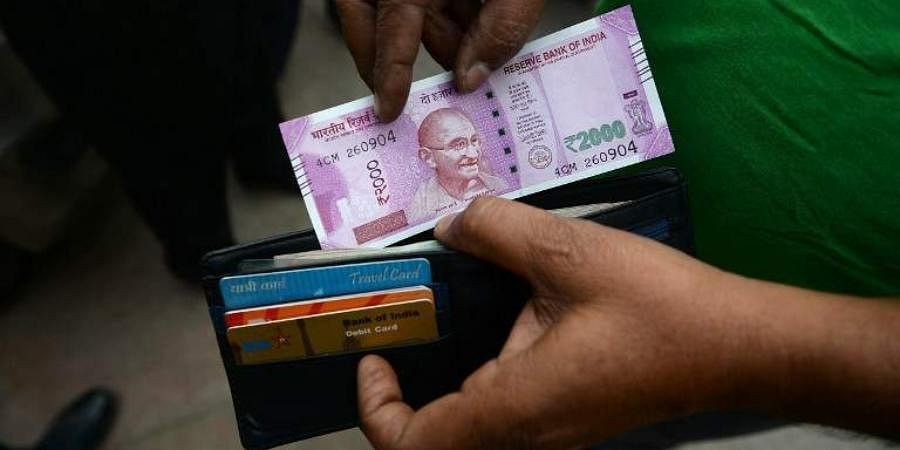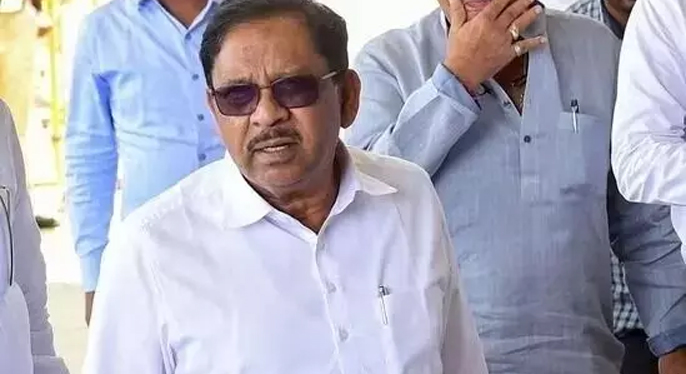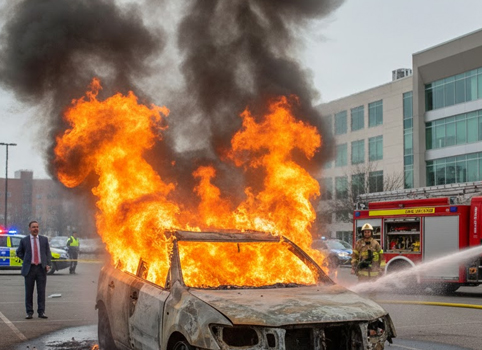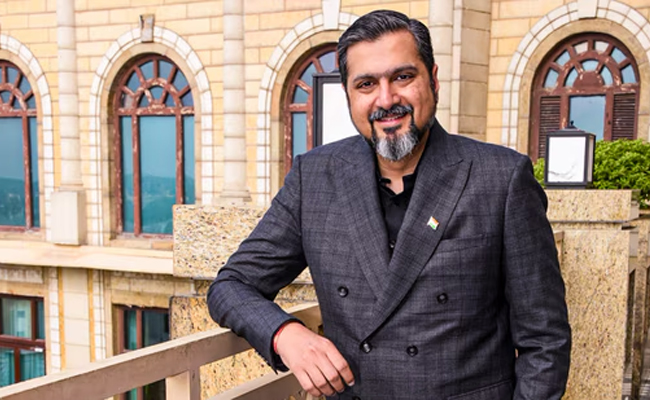Bengaluru, Jan 14: The Karnataka government on Friday announced doubling the salary of guest lecturers in state-run colleges.
The decision was taken on the basis of a report submitted by the government-constituted three-member committee, and it will benefit thousands of guest lecturers working in government first-grade colleges.
Praising Chief Minister Basavaraj Bommai for personally taking interest in addressing the demands of guest lecturers, Higher Education Minister C N Ashwath Narayanan said four types of classifications have been formulated to fix the salaries.
Earlier, the guest lecturers were paid a salary of Rs 13,000 per month for those with UGC-prescribed eligibility and Rs 11,000 per month for those who did not meet it. Now, the salaries have been increased to a minimum of Rs 26,000 per month and a maximum of Rs 32,000 per month.
It has been decided to pay the salaries before the 10th of every month, and to appoint them on an academic year basis (10 months duration) instead of semester basis as had prevailed earlier.
"As UGC-prescribed eligibility conditions will be made mandatory for recruiting guest faculty in the coming years, a three-year time has been set for guest lecturers to clear the required tests/examinations, Narayanan said.
It has been also decided to give weightage to seniority of service while appointing the guest lecturers. To ensure this, a selection list will be prepared based on the existing parameters of the department, it was stated.
This will benefit Guest Lecturers. On behalf of the government of Karnataka I wish all the Guest Lecturers a #HappyMakarSankranti
— Basavaraj S Bommai (@BSBommai) January 14, 2022
2/2
ರಾಜ್ಯದ ಸರ್ಕಾರಿ ಪದವಿ ಕಾಲೇಜುಗಳಲ್ಲಿ ಅತಿಥಿ ಉಪನ್ಯಾಸಕರಾಗಿ ಕರ್ತವ್ಯನಿರ್ವಹಿಸುತ್ತಿರುವವರಿಗೆ ರಾಜ್ಯ ಸರ್ಕಾರವು ಸಂಕ್ರಾಂತಿ ಹಬ್ಬದಂದು ಸಿಹಿ ಸುದ್ದಿ ನೀಡಿದೆ.
— N Ravi Kumar (@nrkbjp) January 14, 2022
ರಾಜ್ಯದ ಅತಿಥಿ ಉಪನ್ಯಾಸಕರ ಬಹುದಿನಗಳ ಬೇಡಿಕೆಯಾದ ವೇತನವನ್ನು ಹೆಚ್ಚಳಗೊಳಿಸಿ ರಾಜ್ಯ ಸರ್ಕಾರ ಆದೇಶ ಹೊರಡಿಸಿದೆ.1/2 pic.twitter.com/kS7DO8bMz3
Let the Truth be known. If you read VB and like VB, please be a VB Supporter and Help us deliver the Truth to one and all.
Tumakuru (PTI): Karnataka Home Minister G Parameshwara on Saturday said his recent remarks on the demolition of properties linked to those involved in narcotics trade were "misunderstood and misinterpreted".
His clarification follows remarks made two days ago on the government's uncompromising crackdown on the drug menace, including action against properties linked to foreign nationals allegedly involved in drug trafficking.
"It is unfortunate. It is taken in the wrong sense. I didn't mean that tomorrow itself I am going to send bulldozers and demolish the houses. That was not my intention. It was wrongly taken," he told reporters here.
Responding to Congress MLC K Abdul Jabbar's question in the legislative council on the growing drug menace in Bengaluru, Davangere and coastal districts, the minister on Thursday detailed the extensive enforcement measures initiated since the Congress government assumed office.
Pointing to the involvement of some foreign nationals, the minister had said, "Many foreign students from African countries have come to Karnataka. They are into the drug business. We catch them and register cases against them, but they want the case to be registered because once the case is registered, we cannot deport them."
"We have gone to the extent of demolishing the rented building where they stay," he had said.





